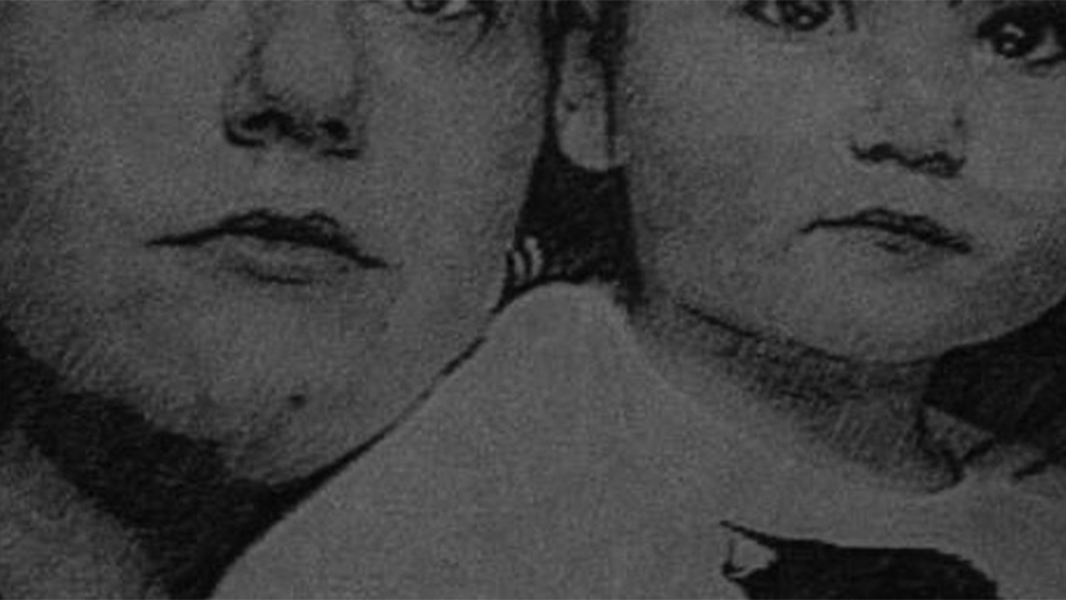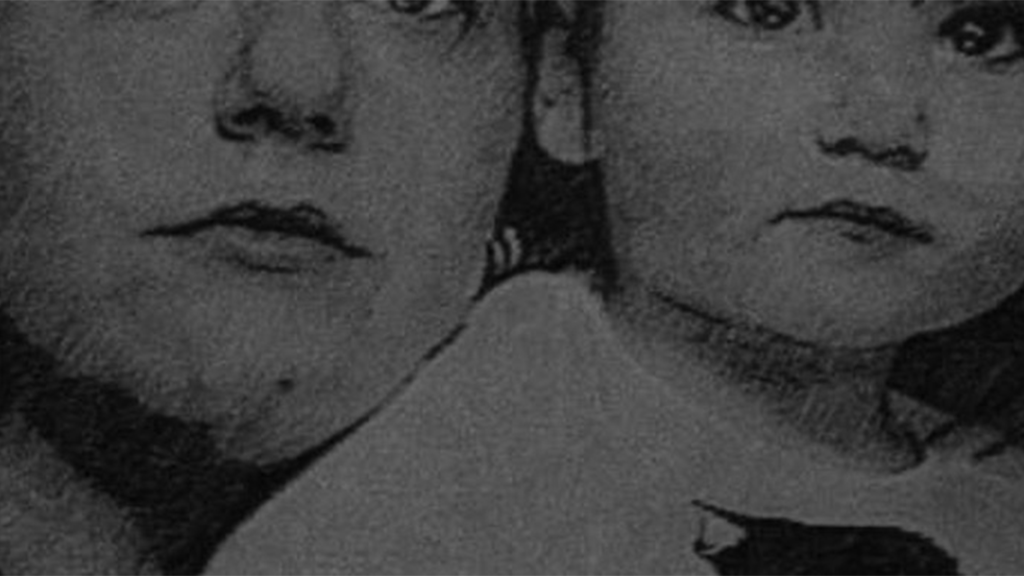

When chaos defines your life
Time is a double-edged sword. On one hand, while it’s smoothing your hair down and sewing up the patches, it’s blurring a life you had lived before it. It will promise you that things are okay, whilst camouflaging that which made you worry in the first place. Sometimes, it will store away something you’re better off not remembering, only to reveal it when it feels like it’s gone completely.
That’s simply just time.
I was 19 when I lost my house.
It was half expected; amongst drunken slurs and hurtful jibes, I was constantly told my house would be taken from under my feet. This constant, which had left my mind and body in complete unrest, similarly fuelled my belief that it wasn’t going to happen. How could it? No matter how many threats were thrown at me, we were still there. My room was the same. My street was the same. My life continued to remain completely disrupted, and therefore completely ordinary.
To refer to the house I lived in as a ‘home’ would give it too much credit; it harboured and bred some of my deepest hates, habits and fears, some of which I still try to run away from. Yet, in the same way, it arose in me a hopefulness that, had it not been so sturdy, could leave anyone in some strange, fantastical daydream. I had learnt to micro-control the small part of my life that was my own and made peace with the large part of it that had become someone else’s.
I cried repeatedly in the small period of time it took me to pack my things away – and then I stopped. I rang every person I knew who could take a piece of me – at least, the only pieces I had time to collect – I got back on a train, and I finished the first year of my degree.
Most people won’t know I lost my house at 19, because when chaos defines your life, survival looks normal. Losing my house felt like another day to me.
I was 6 when my mum became a publican
When you employ retrospect and hindsight – two of times most faithful servants – you can, quite often (and quite unknowingly), unleash a sequence of events time has concealed.
Initially, my mum’s goal of becoming a publican made little difference in my life. We’d exchanged our council flat for a pub, and one end of the road for the other, but those familiar things (people, places, smells) remained almost identical. Our postcode had barely even changed.
It was only within those moments where time is nothing but something that happens – when others are telling you a story, or when you look at pictures – that it reached out to me. It urged me to yearn for a life I’d not been in contact with for years. It made the past, which, although not lost on me had been nothing more than an old friend, knock at my door again. And it made life – a life I had merely lived – seem so sunny, and so bright, that I could barely stand to look at it anymore.
If I’m honest, this old friend has yet to recognise they don’t always have to call, and I have yet to recognise that I don’t always have to invite them in.
But that’s simply just time.
I was 8 when my childhood ended
There tends to be an indescribable relationship between a child and a single mother. My mum, who, above anything else, had grown me – a part of me was bound to her in that way – was also the only person I had seen every day of my life, for years on end. This bond, which is both deep and instinctive, equally creates a presence of fierce loyalty; even as a child, you ignore (if you’ve even realised it at all) anything that goes wrong, in support of someone you care deeply about.
Uncoincidentally, my mum shared this with her own mum. When she passed away prematurely in June 2008, I began grieving two entirely separate things: my granny, and my childhood.
Things got drastically worse, and quickly. I got into the habit of missing school frequently, and, on specific days of the week – those which coincided with her days off – my mum would often not be gathered enough to pick me up. Sometimes I’d be one of the last children in the playground, waiting for a family friend to get me and take me with them.
Hates, habits and fears
My hates, habits and fears (the ones I still try to run away from), I think, developed at this time.
Waking up in the early hours of the morning, I’d often find my mum gambling on the fruit machines and drinking at the bar. If she wasn’t alone, she had same-minded friends with her, egging me on to pour drinks behind the bar for them. I allowed my sleeping habits to shift greatly, prioritising staying up late just to be able to spend time with her.
On those nights when she wouldn’t want me to join her, I feared the feeling of being alone – keeping lights and TVs on in order to stay away from the dark, and just to have some company.
Sometimes, when she would want to get away from the eyes of our family, me, and our customers, she would disappear to the pub across the road. Texts and calls didn’t tend to make much of a difference, so I spent many dinners gorging on corner shop crisps, or whatever was frozen in the freezer. I still detest the stale taste of crisps, and often inspect any food that’s remotely past it’s best before date.
All the time in between
Although alcoholism has its various complications, there is always one problem in particular that leaves a mark on a child: confusion. An alcoholic parent doesn’t tend to afford their child the understanding of where they stand; my mum, although having thrown my life into disarray, still managed to produce good moments that made me want to forget any of the bad.
So, when the social workers inevitably arrived and asked me – the 11 year old – if my mum was in a bad way, I resisted all urges to talk about what life was really like, and instead furiously protected the person I loved.
I continued to live with her until I went to university, and in that time, as we hurtled towards losing the pub, my mum hit rock bottom, and I struggled not to follow her.
Coming back from school, I’d often find my mum passed out on the stairs, sometimes in her own urine, or on the sofa, catching up on the hours of sleep she’d missed during her nightly binge. On a weekly basis, including on my birthday and over Christmas, she would tell me she was going to kill herself, or that she was dying of cancer, and, when any argument occurred, which tended to happen frequently and more viciously as I got older, I’d lock myself in my room until the door was kicked down.
When a house fire devastated mum’s room in November 2016, it fell on me to call and sit with the firefighters. In those moments, when I could hear the windows exploding upstairs, I hoped this fire – this all-encompassing, destroying thing – would give us the freedom to build up from the ashes.
I was 18 when I got help
By the end of 2017, all I felt I had left was a tiny, gleaming hope that life would, at least eventually, get better. Having hidden a deep and dark bout of OCD and depression from practically everyone who wanted to protect me, I began receiving counselling, and later Cognitive Behavioural Therapy, to begin piecing together the parts of my life that felt broken.
Being a child of an alcoholic, in its most simple form, is mourning the death of someone who hasn’t died, but has changed so drastically you can barely even recognise them anymore. I have often resented that – I still find myself resenting that – yet there’s nothing I can do about it. Who someone is, what someone loses themselves to, regardless of how much it makes you a side effect, does not mean you have to lose yourself.
While I’ve still not made peace with alcoholism, or the ways in which I lived because of it, I know it has gifted me with a unique hope that I’ll use for life. And time, although it winds and tricks and teases, isn’t giving up on me: one day, I know I’ll find the freedom to let it all go.
I care deeply for my mum. The person she genuinely is, the person she always could be, I love, and I hope, with the help of time, that it’ll fix her too. I know it’s what she deserves, because everyone deserves peace – especially my mum.
Millie
For more experience stories, find Support & Advice.

























































































